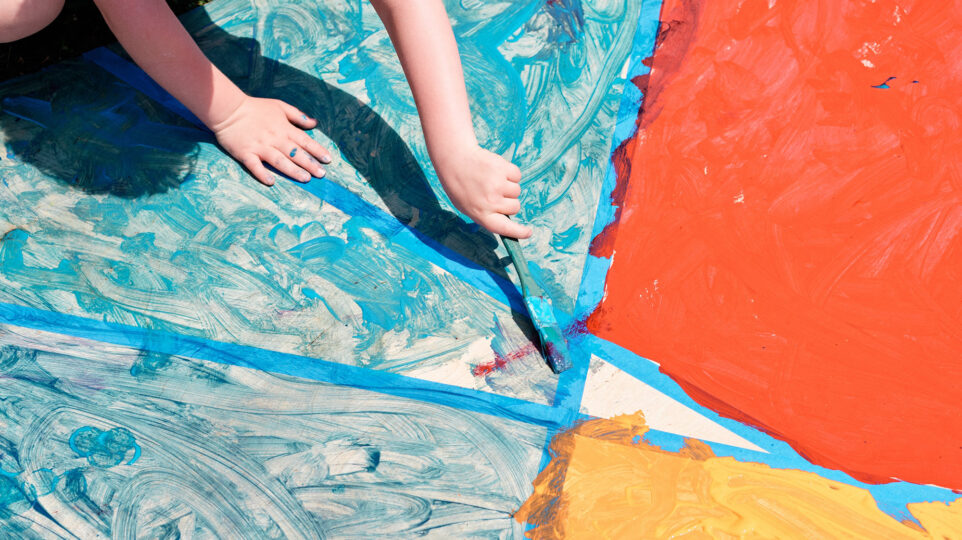Creativity is one of our most distinctly human capacities, allowing us to imagine new possibilities, discover innovative solutions, and gain fresh perspectives on the world. It separates us from other species by enabling cultural and technological progress through new ideas, art forms, scientific theories, and inventions. Creativity helps keep us dynamic, motivated individuals rather than static and stagnant, constantly pushing us forward into the unknown. However, staying creative during difficult times can be challenging, whether we face external stresses like a global pandemic or internal struggles with concentration or focus.
Creative insights rarely emerge spontaneously but build upon other knowledge, concepts and ideas, recombining them in unique ways.
John Doe
Feeding your curiosity by reading widely on new topics, listening to different perspectives, conversing with interesting people, and engaging with art forms you don’t normally experience can spark cross-pollination between ideas and inspire novel connections. View exposure to fresh ideas as “fuel” for generating original ideas of your own later on.
Choose projects that matter deeply to you on a personal level. When a creative endeavor stems from a deeply felt purpose or value, you approach it with passion, grit and resilience that help sustain you through difficulties. Ventures motivated by inherent interests align well with your natural strengths and knowledge that you can apply in creative ways.
Make Time for Incubation and Daydreaming
Daydreaming and allowing ideas to incubate subtly in the background of our minds are essential for creativity. Give yourself time each day to simply think – without distractions, demands or productivity pressures. Let your mind wander freely and notice which ideas or thoughts emerge spontaneously. When a potentially creative idea arises, make a note of it but don’t judge or analyze it yet. Instead, allow the idea to incubate inside your mind, occasionally checking in on its progress. Over time, incubation allows ideas to combine, reorganize and develop into something novel and useful. Establish routines for daydreaming and letting your unconscious mind work its magic – it just needs an initial spark to get started. Creativity flourishes at the border between focused contemplation and divergent free association.
Working with other creative people can spur divergent thinking, spark new combinations of ideas and help fuel motivation when you encounter roadblocks. Find collaborators who share your interests and values, understand the purpose behind your projects and contribute complementary skills. Bounce ideas back and forth, challenge each other’s assumptions and brainstorm possible solutions together. Collaboration breeds recombination by exposing ideas to different perspectives and interpretations that generate novel connections.
Creativity requires not just insight but also the discipline to experiment, develop and refine ideas over time. When motivation wavers, establish routines and habits that create forward momentum. Commit to practicing your craft for short periods each day, even if initially uninspired.




